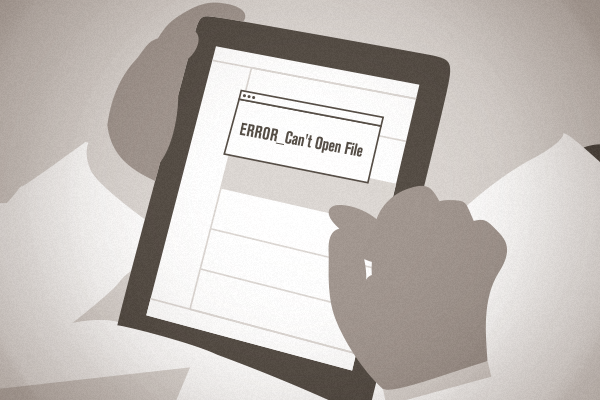President Barack Obama has passed his landmark healthcare reform law. It’s referred to by several names—the Patient Protection and Affordable Care Act, or just the Affordable Care Act—but even the president uses the critic’s name: Obamacare.
Sure, the name is simple. But this is a complicated law. It wants to tackle two problems: first, it seeks to provide affordable health insurance to just about every American, and second, it wants to slow down the rate of inflation of healthcare costs, which account for nearly one-fifth of America’s economy (you saw John Green’s brilliant video, right?).
Okay, insurance for everyone sounds nice. We’re not going to argue with that sentiment, although the methodology might backfire. However, this second point sounds ludicrous.
“Add red tape to curb American healthcare costs? That’s like pouring gasoline on a fire because it’s liquid.” – @AtlasMD [CLICK TO TWEET]
Oh, and “the ACA will cost the government $1.36 trillion to implement over the next decade, according to estimates by the Congressional Budget Office,” says CNBC. Excellent. That’s just another tab that’s going to have to be picked up by someone, most likely someone who works and pays taxes.
Read more
